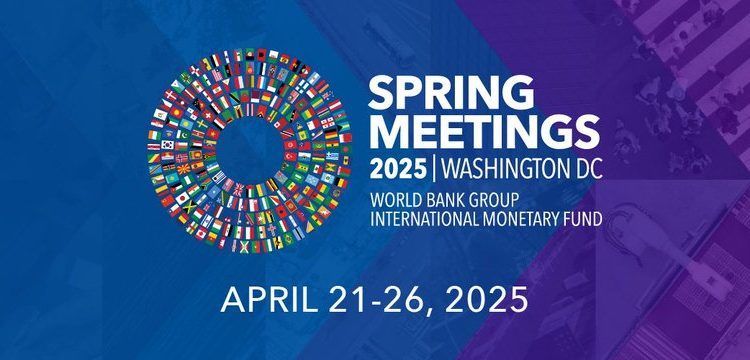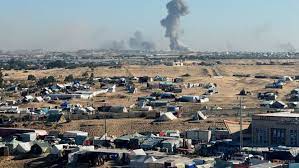
Nigeria’s Minister of Finance and Coordinating Minister of the Economy, Wale Edun, is leading the nation’s high-powered delegation to the 2025 Spring Meetings of the International Monetary Fund (IMF) and the World Bank Group, currently underway from April 21 to 26 in Washington, D.C., United States.
The Spring Meetings are a cornerstone of the global economic calendar, convening finance ministers, central bank governors, and senior financial leaders from over 190 countries.
This year’s sessions are of critical importance, as the international community contends with heightened economic volatility, trade realignments, and the urgent need for policies that support sustainable, inclusive growth.
Nigeria’s delegation reflects a broad-based approach to international economic engagement, comprising top officials from the Central Bank of Nigeria (CBN), chief executives from the nation’s leading financial institutions, prominent private sector players, and key representatives from civil society and non-governmental organisations. Their mission: to strengthen Nigeria’s global economic presence and advocate for strategic reforms aligned with national priorities.
The 2025 meetings are set against a backdrop of shifting global dynamics, with renewed protectionist policies—particularly the reintroduction of sweeping import tariffs by U.S. President Donald Trump—reshaping international trade relationships. These developments have prompted robust dialogue among participating countries, as they seek collaborative solutions to mitigate the ripple effects on emerging markets and global supply chains.
Nigeria is expected to leverage this global platform to pursue key objectives: deepening macroeconomic stability, enhancing regulatory and institutional frameworks, and accelerating financial sector reforms. Discussions will also explore avenues for boosting capital flows into critical sectors such as infrastructure, clean energy, and digital innovation—areas central to Nigeria’s long-term economic transformation.
Beyond fiscal and monetary policy, the meetings serve as a critical forum for shaping the future of international financial cooperation. The IMF, established in 1944, continues to play a leading role in fostering global monetary stability, while the World Bank Group advances efforts in poverty reduction and development financing.
Minister Edun emphasized Nigeria’s proactive stance in shaping global economic discourse and its readiness to contribute to policy solutions that drive collective resilience.
“As the world navigates a complex economic landscape, Nigeria remains committed to constructive dialogue, bold reforms, and partnerships that advance not only national interests but also the broader goals of global stability and shared prosperity,” he said ahead of the meetings.
With the world’s economic heavyweights gathered in Washington, the outcomes of the 2025 Spring Meetings are expected to shape the next chapter of global economic recovery—and Nigeria stands ready to play a pivotal role in that journey.





